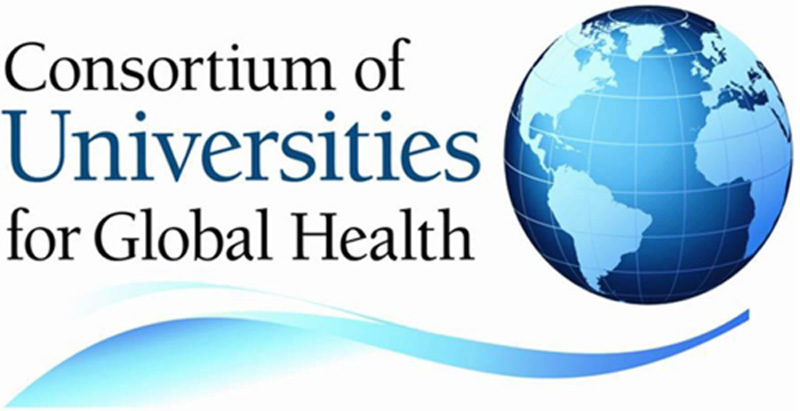The Workforce Capacity Building Subcommittee (WFCBS) identifies and aggregates training needs and best practices from institutions in low-resource settings and shares this information on CUGH’s website.
Committee Information & Resources
- Susan Michaels-Strasser (Co Chair)
- Allison Squires (Co-Chair)
The Capacity Building Database was created to strengthen training in low income countries by connecting trainers with the training needs of institutions in those countries.
The Lancet Commission on Health Professionals for a New Century
State of the World Nursing Report, WHO (co-authored by Nancy Reynolds)
Implications of Student Debt in the US and Multidimensional Solutions to Address It
The Implications of Accelerated Aging in Nepal
What We Can Do to Address the Global Gap in Geriatric Needs
The Global Health Recent Graduates Study: Obstacles and Opportunities to Employment in Global Health
To evaluate the experiences of recent graduates of global health programs entering the workforce, the Global Health Fellows Program (GHFP) II sponsored CUGH to implement “The Global Health Recent Graduates Study: Obstacles and Opportunities to Employment in Global Health” in the Fall of 2016. The study aimed to better describe and quantify student’s global health workforce transition from graduate education to initial employment.
The Global Health Engagement Initiative
The Global Health Engagement Initiative was a collaborative endeavor between CUGH and the Public Health Institute (PHI) to develop baseline research that can lead to programmatic changes within the infrastructure of the global health workforce that increases the visibility and participation of underserved minority populations within the field. Through the facilitation of three surveys to academic institutions, global health students, and early-career professionals, this initiative illustrated a picture of the academic field of global health in the United States and the obstacles minority individuals and minority-serving institutions experience.
- Abena Agyarkowa Otchere-Darko
- Abha Shrestha
- Andrew Dykens
- Barbara Kamholz
- Betty Chesang Lelei
- Bhekumusa Lukhele
- Cathy Campbell
- Charlotte Nwogwugwu
- David Hotchkiss
- Diane Nguyen
- Elise Kigule Malwadde
- Hyejin Jung
- Ifeanyi Emmanuel Abali
- Jayoung Park
- Jeff Hartman
- Joseph Leanza
- Mary Crea-Arsenio
- Mayur M. Desai
- Megan L Schultz
- Misrak Gezmu
- Nam Le-Morawa
- Naveed Hussain
- Randall Ellis
- Sabrina Musabin Jaigirdar
- Shawna Novak
- Tak Bahadur Tamang
- Thuy Bui
- Adegbemisola Aregbe Perkins (TAC representative)
- Kaylee H. Paulsgrove (TAC Representative)
- Justice Owah (TAC Representative)
- Olivia Yale (TAC Representative)
- Vivian Nabisere (TAC Representative)
